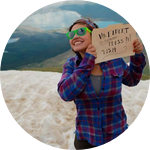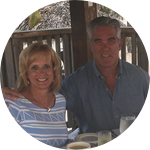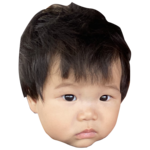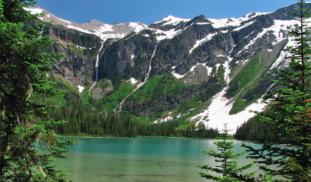Please wait...
About This Project
This project proposes to reconstruct the avalanche history of central Colorado through an analysis of sediments and plant remains deposited by avalanches in high elevation lakes. The ultimate goal of the project is to understand how climate change influences the frequency of avalanches during the last four millennia. The research has implications for the winter sports industry, transportation, and mountain communities. This will also be the first lake sediment avalanche record in the US.




